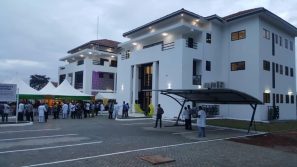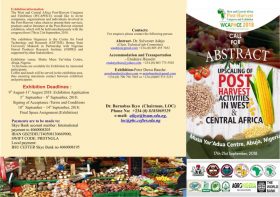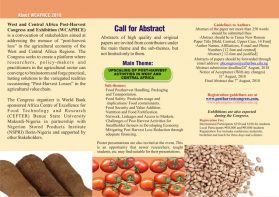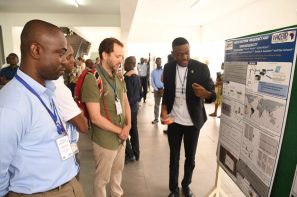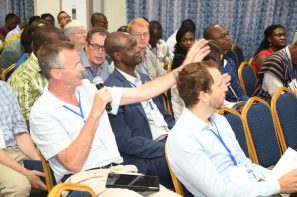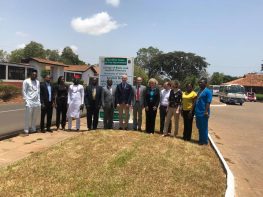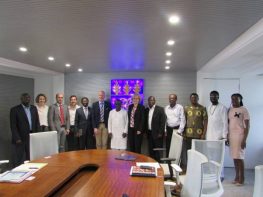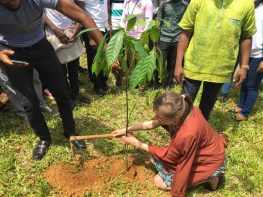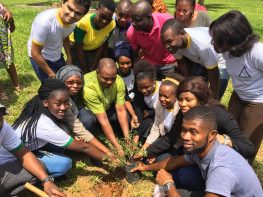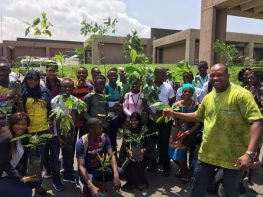PRESS RELEASE: Launch of Africa Higher Education Centres of Excellence (ACE) for Development Impact Project
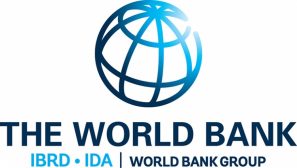
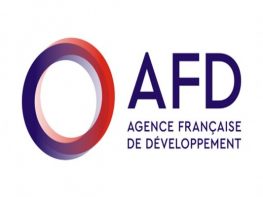
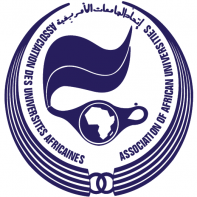
Accra, Ghana, September 4, 2018 – The third phase of the Africa Higher Education Centres of Excellence (ACE) for Development Impact Project (or ACE Impact Project) was launched on August 31, 2018. The ACE Impact Project seeks to improve the quality, quantity and development impact of postgraduate education (defined to include Masters and PhD degrees, and short-term professional level courses and training) in selected universities through regional specialization and collaboration. Institutions from the following West and Central African countries are eligible to apply: Republic of Benin, Burkina Faso, Republic of Cameroon, Republic of Cote d’Ivoire, Republic of Djibouti, Republic of Ghana, Republic of Guinea, Republic of Niger, Federal Republic of Nigeria, Republic of Senegal, Republic of The Gambia, and the Republic of Togo.
The project would focus on establishing new ACEs and scaling-up well-performing ones from the first phase (ACE I). It would also foster regional partnerships for emerging centres and regional scholarships as well as enhance regional project facilitation, and Monitoring and Evaluation (M&E).
The thematic areas to be addressed by the ACE for Development Impact project are; Science, Technology, Engineering and Mathematics (STEM), Health and Agriculture. In addition, priority would be given to key areas such as Coastal Degradation; Digital Development; Education Training and Leadership; Social Risk Management; Nursing; Power; Public Procurement; Public Policy and Quantitative Skills; Transport; Urban Design; and Water.
A ‘Call for Proposals’ was issued on August 31, 2018 on the ACE website (https://ace.aau.org/) to encourage interested institutions in the above- mentioned countries to apply. Proposals received will be evaluated in a competitive process.
“The launch of the Africa Centres of Excellence for Development Impact Project confirms the good work done by the Centres in the first phase (ACE I) of the Project. As ACE I made productive strides in solving developmental challenges on the continent, we look forward to achieving greater and impactful milestones in this third phase. I would also encourage eligible institutions to apply and help develop the advanced skills Africa needs to accelerate its socio-economic development.” said the Secretary General of the Association of African Universities (AAU), the Regional Facilitation Unit for the ACE I and ACE for Development Impact Projects.
About ACE Project
The Africa Higher Education Centres of Excellence (ACE) project is an innovative regional response to making higher education more relevant to Africa’s development. It aims to strengthen the capacity of participating universities to offer training and undertake high-quality applied research to address the continent’s development challenges. The Project offers an optimal way to build regional specialization, concentrate limited top-level faculty, generate spillovers and meet private sector demand for technical skills.
ACE I started in 2014 and will come to an end on 31st December 2019 while the ACE Impact will commence in 2019 and will run for the next five years.
Contacts:
Prof. Jonathan Mba
+233-30-277-4495 / 761588
